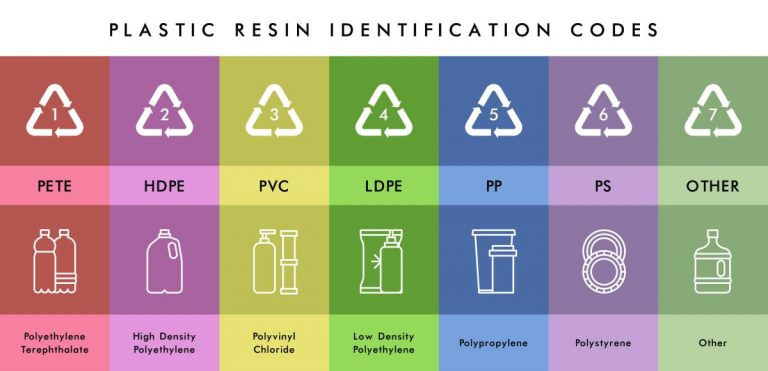
Environmental Claims: Time to be Truthful
2nd Oct 2020
Gone are the days when brands could get away with simply writing ‘recyclable’, ‘biodegradable’ or ‘compostable’ on their packaging. Now, more than ever, consumers are demanding brands to be honest about their sustainability journey including the choice of wording and logos on-pack. With the 2025 National Packaging Targets significantly shifting the packaging design landscape in Australia, a critical element that is coming up short is truthful and accurate on-pack environmental claims. The use of statements like the ‘Do the right thing’ logo, the Recycle ‘Mobius loop’ logo or the Plastic Identification Codes (PIC 1 to 7) often confuse the consumer. The 2025 targets offer the perfect opportunity for businesses to review all environmental on-pack symbols and wording.
Codes and Confusion

This PETE code identifies the type of plastic in soft drink bottles, mineral water, fruit juice containers and cooking oil. The use of the Plastic Identification Code (PIC) — or the symbol of the chasing arrow with a number in the middle — identifies the type of plastic the packaging is made of. For example, PET is classified as 1, HDPE is 2, PVC is 3, LDPE is 4, Polypropylene is 5, Polystyrene is 6 and 7 is Other or mixed plastic types. This voluntary coding system adopted in 1990 assisted the collection, recovery and management of used plastics in Australia. However, to most consumers they think it means they can put the plastic pack into the recycling bin, even if it isn’t a recyclable plastic.
That 'Litterman' Guy

What does the 'Litterman' actually stand for on a packaging container? The ‘Litterman’ guy — the symbol of the man who throws the rubbish in the bin — has been around for years. Whilst he is familiar to consumers, ask yourself what does the logo really mean? Does it mean that the product is recyclable or simply that you should be responsible and make sure the product goes in a rubbish bin at the end-of-life? The Do the Right Thing slogan and symbol was a part of a marketing campaign launched in the 70s that was intended as a Don’t Litter campaign. According to Keep Australia Beautiful, when the Do The Right Thing campaign was launched, 80% of people recognised the catch phrase, and in 2015, only 38% said they knew the phrase. What does the symbol mean in the world of sustainable packaging today? What does it mean to you?
Sustainable Claims
When a company promotes a certain 'green' aspect of their packaging which is not entirely truthful, it is known as greenwashing. Another challenge is when brands decide to use words like ‘biodegradable’ or ‘compostable’ on-pack. Having packaging that is biodegradable or compostable may seem to be a good environmental initiative but stating this on-pack is often confusing to consumers. If there are no available consumer collection or composting facilities that will accept this type of packaging in the country of sale, then this type of wording can be misleading.
The AIP has spoken to many people over the last couple of years who assume that saying ‘compostable’ or ‘biodegradable’ on packaging is enough. The use of the term ‘biodegradable’ also leads consumers to believe that, no matter where disposed, biodegradable packaging will disappear to nothing within a short period. This can lead the consumer to erroneously believe it is acceptable to litter biodegradable packaging, or that it will solve the ocean plastics issues. Similarly, the use of plastics that may ‘compost’ if placed in the right composting environment can be very misleading if consumers do not have access to facilities for the collection and composting of compostable packaging with organic waste. Incidentally, the packaging may compost, but they do not create compost (nutrient-rich soil).
What Can You Do?
Ensure you are aware of good environmental practice, so you do not fall for greenwashing. As consumers, we have the hardest job of all – sorting through all sorts of misleading and contrary claims to work out what is really going on. The best thing is to be informed – and know how to spot greenwashing, so that it does not catch you out.
Information taken from FoodProcessing.com.au. Read about how COVID-18 can contribute to the circular economy and the five keys to a circular business on our blog.
Planet Friendly Packaging acknowledges the traditional custodians of the land on which we work. Our thoughts go out to everyone affected by COVID-19. Stay safe.

